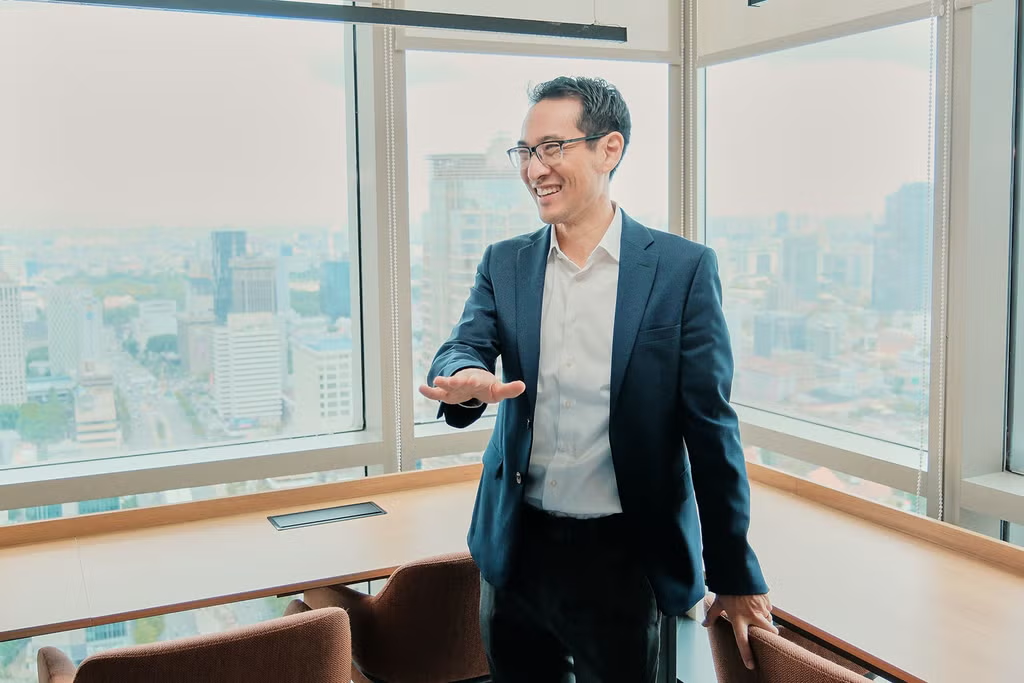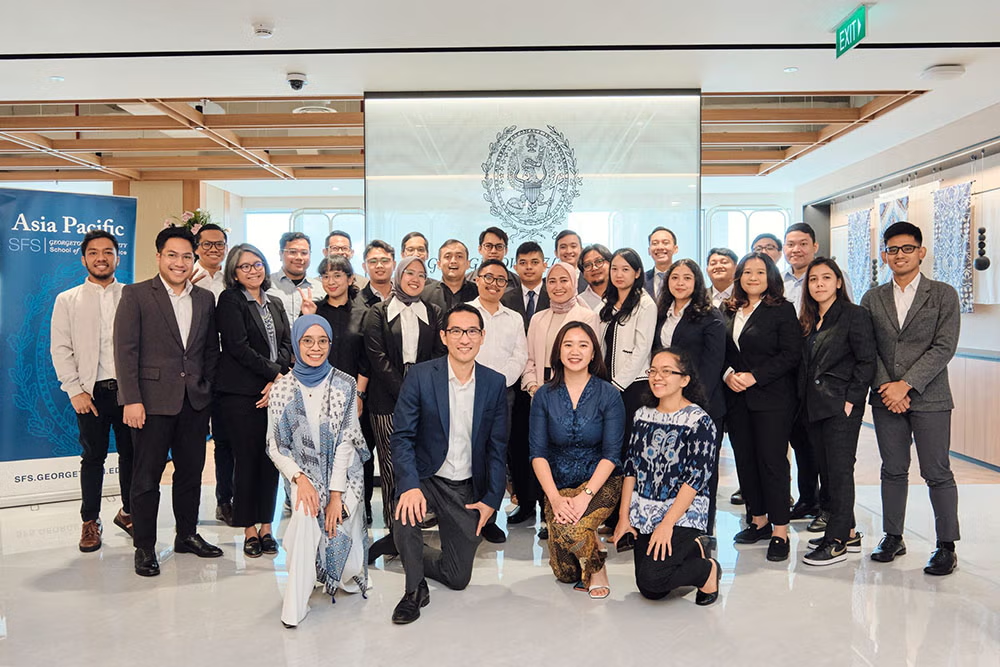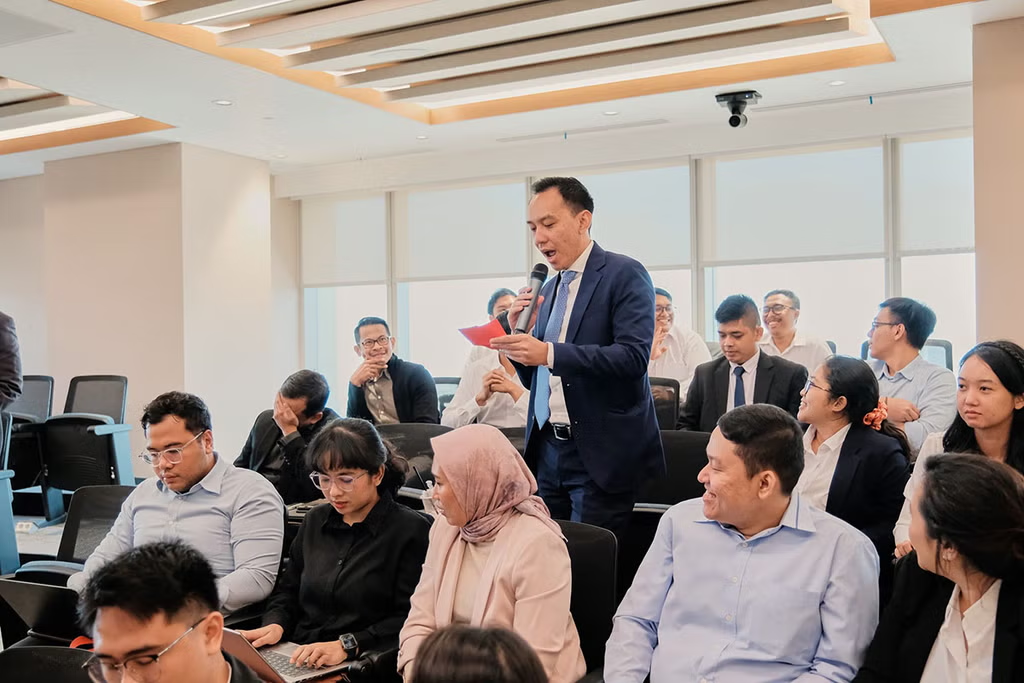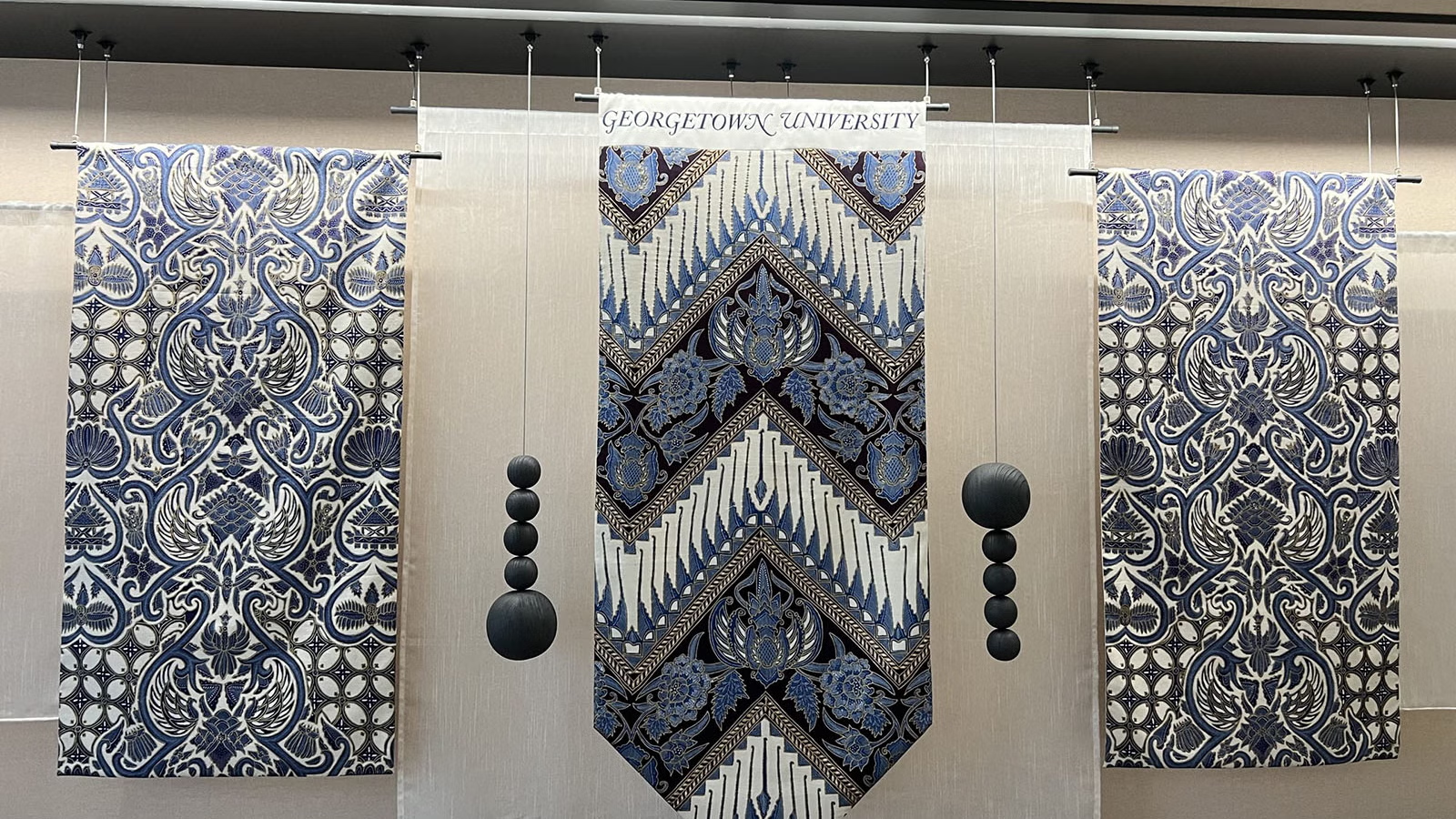The School of Foreign Service is extending its global reach through a new initiative – the Georgetown SFS Asia Pacific (GSAP) program, which opened this month in a new facility in Jakarta, Indonesia. The program provides an opportunity for SFS to deepen its world-class international affairs education and research in a dynamic region that is reshaping the global order.

“Georgetown SFS Asia Pacific opens at a crucial juncture for students and practitioners of international relations. A global order defined by post-war international institutions and legal conventions is entering much choppier waters. Georgetown SFS’s presence—in Washington, in Doha and now in Jakarta— creates a global network that will give our students a front row seat to study and shape how geopolitics, social movements and new leadership are defining the emerging global order,” says SFS Dean Joel S. Hellman.

Yuhki Tajima, associate professor in the School of Foreign Service, will lead Georgetown Asia Pacific as its first Rector. Tajima is a political economist with expertise in Southeast Asia, and was formerly director of the Asian Studies Program.
“With its focus on the Global South and the Asia Pacific region, Georgetown Asia Pacific opens up an opportunity to offer students a truly global approach to an international affairs education, drawing both North-South and East-West linkages. Letting students learn about the region of study from within the region will let them gain a close, hands-on understanding from all angles of how policy makers address challenges of the Global South in the Asia Pacific,” says Tajima.



